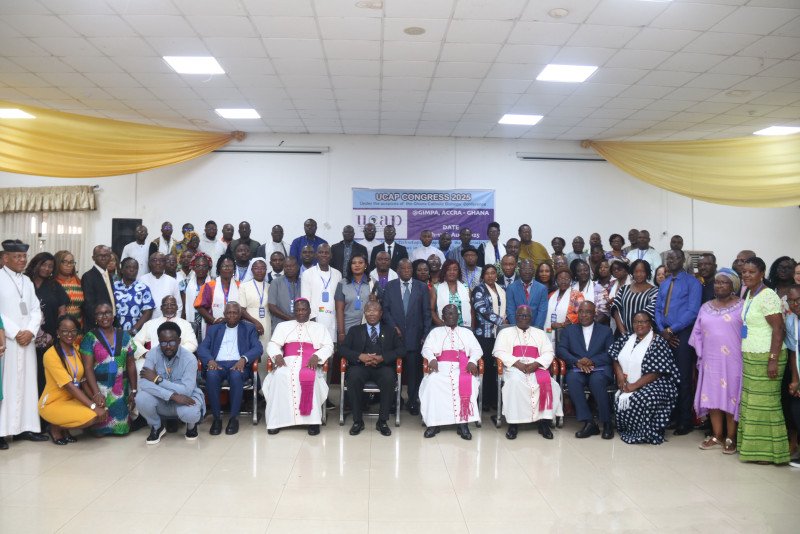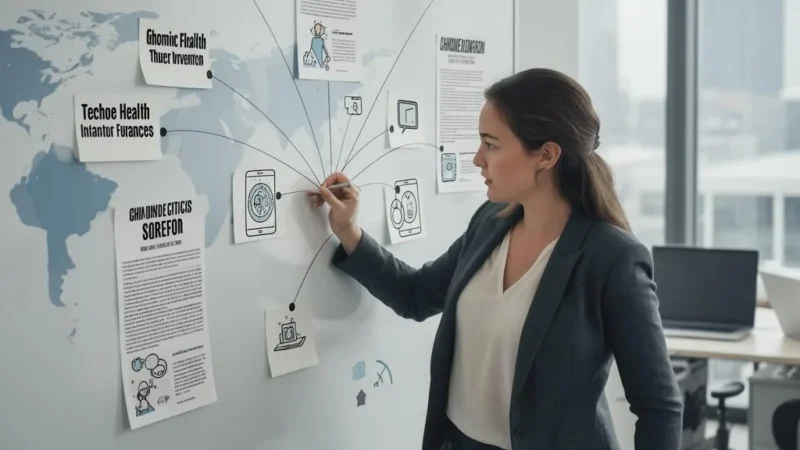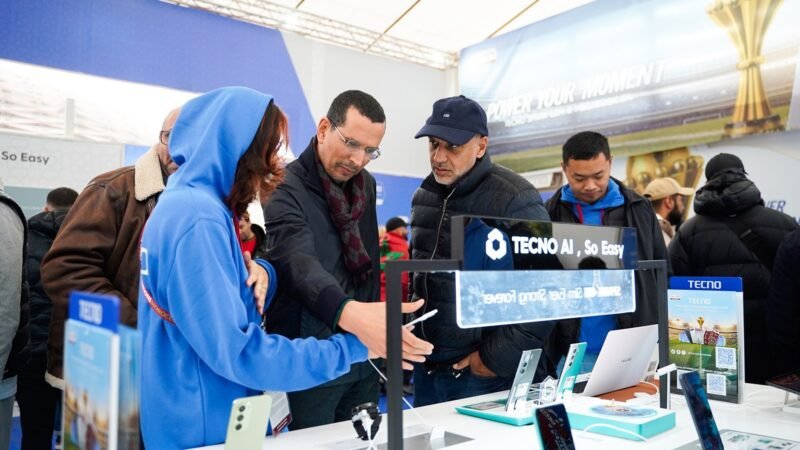UCAP Congress in Ghana addresses AI ethics and human dignity in media
The African Catholic Union of the Press (UCAP) held its Triennial Continental Congress in Accra, Ghana, from August 10 to 17, 2025. More than 100 Catholic journalists, lecturers, content creators, and media practitioners from over 20 countries, including 19 African nations, gathered to reflect on the theme Balancing Technological Progress and the Preservation of Human Values in the Age of Artificial Intelligence (AI).
The Congress provided a platform for dialogue on the ethical challenges and opportunities of AI, with Catholic communicators emphasizing the responsibility to safeguard truth and human dignity while adopting new technologies.

Resolutions to guide Catholic journalists
UCAP participants adopted several resolutions, beginning with affirming human dignity as central to media work in the age of AI. Members committed to ensuring technology serves humanity by promoting truth, integrity, and authentic relationships in journalism.
The Congress also urged African media institutions to create ethical guidelines for AI use, combat disinformation, and prioritize human responsibility in editorial decisions. Another resolution focused on integrating AI literacy, Catholic social teaching, and digital ethics into media education, ensuring journalists are well-equipped to address the digital shift.
Further, UCAP pledged collaboration with Episcopal Conferences, universities, policymakers, and civil society to balance technological innovation with moral responsibility. Members also committed to fostering a new ethic of communication rooted in peace, truth, freedom, justice, and solidarity.
Recommendations for media, church, and policymakers
UCAP recommended that governments regulate AI to protect privacy, prevent manipulation, and invest in ethical frameworks that uphold human dignity. Media organizations were urged to implement fact-checking systems and adopt transparent policies on AI-generated content.
Catholic media professionals were called to continuous formation in ethics and technology, promoting peace and reconciliation while resisting disinformation. The Church in Africa was encouraged to invest in media education and support Catholic journalists in discerning AI’s challenges.
For UCAP itself, the Congress proposed drafting a continental charter on AI and ethical journalism, organizing training workshops, and strengthening cooperation with SIGNIS Africa.
At the closing ceremony, UCAP leaders expressed gratitude to church officials, dignitaries, and participants. The vote of thanks emphasized that while AI advances rapidly, only the human heart guided by truth, love, and faith can ensure its ethical use.
The Congress concluded with a renewed commitment to making Catholic media in Africa a beacon of truth, dignity, and reconciliation in the digital age.



